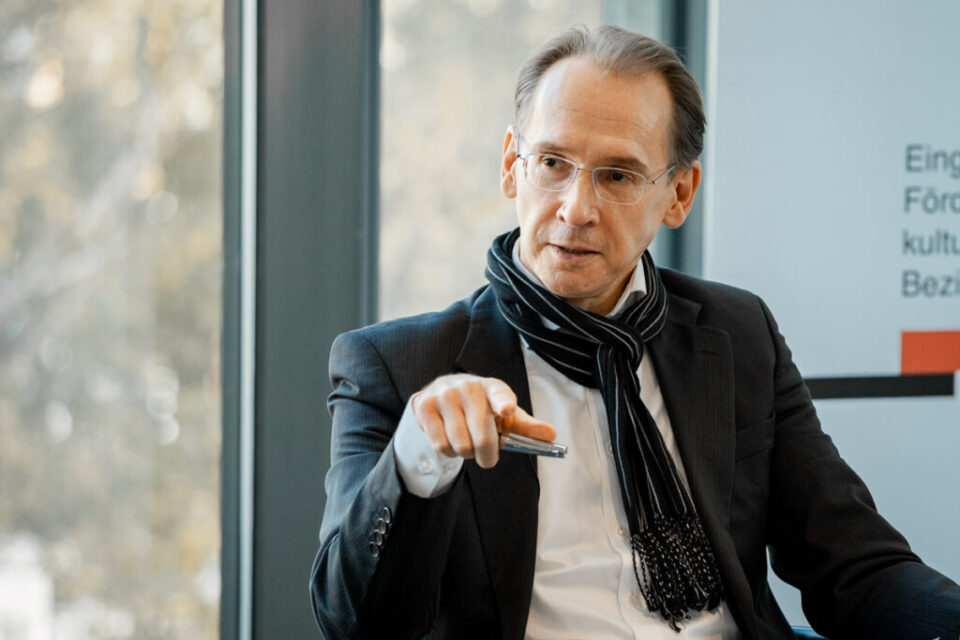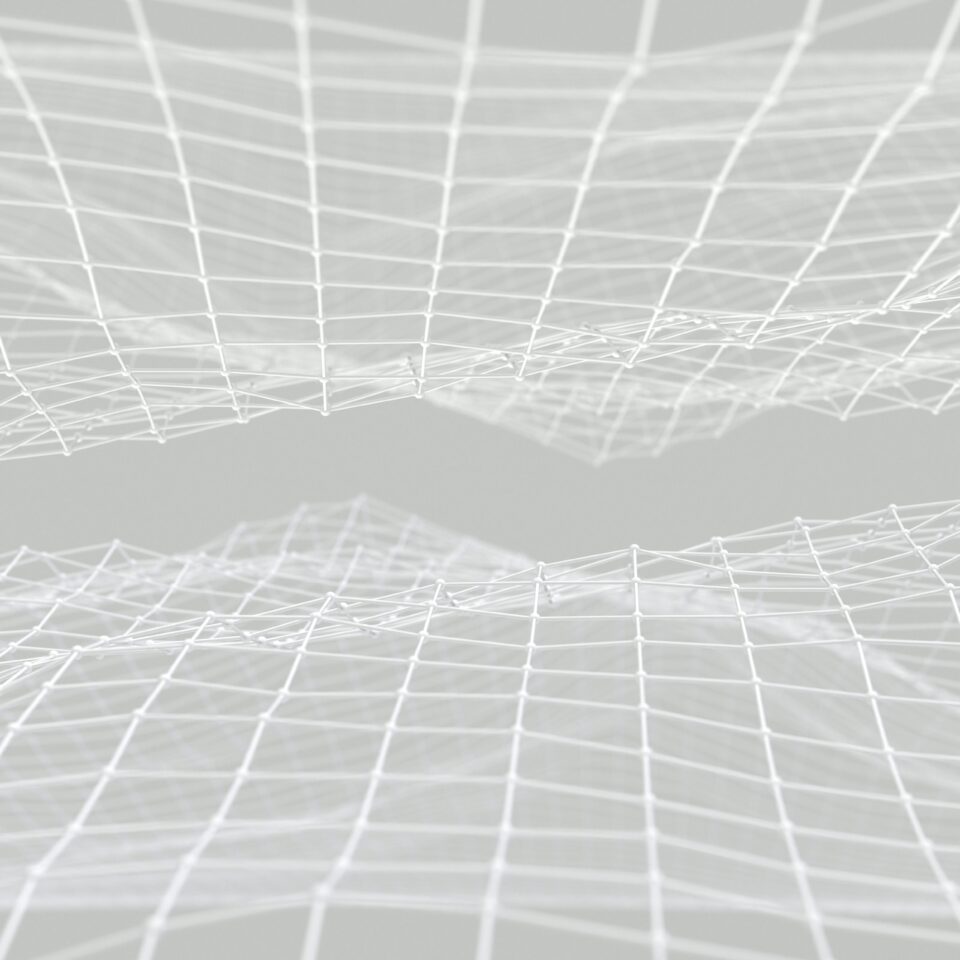TUM Think Tank
Where today's societal challenges meet tomorrow's technological excellence.
What are the implications of digital technologies for contemporary democracies? What light and shade do we see in digital democracies?
In the midst of current debates about the societal implications of digital technologies stands the fear that they are about to doom democracies as we know them. This view stands in stark contrast to the early days of computers and the internet when digital technologies promised to liberate humans from hard labor, achieve free speech for all, enable better politics and administration, and many more blessings. This event series draws from the rich legacy of political theory to scrutinize digital societies and their ambivalent relationship with democracy. A first series of events explores the glorious tales of democratic theory; the second approaches the tales of democratic disaster and failure. All sessions take a dive into democratic theory and into recent digital technologies and socio-technical trends.
Each lecture will have a keynote, followed by a discussion. First year students will prepare short reflections. The lectures are addressed to faculty, students, and the wider public.
Die Zukunft demokratischer Resilienz: Herausforderungen und Potenziale von KI
Montag, 24.06.2024, 18.30-20.00

© Alesch Mühlbauer/Deutsche Gesellschaft e. V
Der Vortrag untersucht die Auswirkungen von Künstlicher Intelligenz (KI) auf die Resilienz von Demokratien. Er analysiert, wie KI die Stabilität und Anpassungsfähigkeit westlicher Demokratien bereits unterstützt, indem sie etwa in der Sicherheitspolitik effizientere Lösungen ermöglicht. Gleichzeitig warnt der Vortrag vor den potenziellen Gefahren und Risiken, die von KI ausgehen können, wie beispielsweise die Bedrohung von Menschen- und Bürgerrechten. Abschließend werden innovative Ideen vorgestellt, wie KI zukünftig gestaltet und eingesetzt werden kann, um die demokratische Resilienz weiter zu stärken. Besonders im Bereich der Sicherheitspolitik soll KI gezielt entwickelt werden, um demokratische Werte und Strukturen zu schützen und zu fördern.
Prof. Dr. Gary S. Schaal ist Inhaber des Lehrstuhls für Politische Theorie an der Helmut-Schmidt-Universität, Hamburg. Er leitet den Forschungsschwerpunkt Maritime Sicherheit an der HSU, ist Ko-Vorstand des German Institute for Defense and Strategic Studies (GIDS) und Direktor des Democratic Resilience Centre an der HSU. Seine Forschungsschwerpunkte liegen in der Politischen Theorie, der Demokratie-, der Digitalisierungs- und der Sicherheitsforschung.
Bitte hier anmelden.
David Runciman: Superhuman Intelligent Machines from the Leviathan to Meta: Giving away the control of our lives to corporations, states and AIs – and taking back control
Thursday, 11.04. 18.30-20.00
 In the wake of public fears about how AI will transform contemporary societies, David Runciman makes the argument that we have witnessed similarly profound transformations before. He explains that since the creation of nation-states and large corporations, societies have had to deal with superhuman intelligent machines. Runciman likens the idea of government to an algorithm. The Leviathan of state – or of Google or Meta – is an expression of our collective selves without a soul or a conscience. In its ideal formulation it offers continuity and shared purpose; when it goes rogue, the “man-made monster” has the capacity to exaggerate our destructive failings. Despite taking a deep dive into the History of nation-states and corporations, Runciman’s look is future-oriented. The future relationship is yet undecided. The checks and balances that societies have applied to governments and corporations must be made relevant to artificial intelligence; human judgment is not to be abandoned.
In the wake of public fears about how AI will transform contemporary societies, David Runciman makes the argument that we have witnessed similarly profound transformations before. He explains that since the creation of nation-states and large corporations, societies have had to deal with superhuman intelligent machines. Runciman likens the idea of government to an algorithm. The Leviathan of state – or of Google or Meta – is an expression of our collective selves without a soul or a conscience. In its ideal formulation it offers continuity and shared purpose; when it goes rogue, the “man-made monster” has the capacity to exaggerate our destructive failings. Despite taking a deep dive into the History of nation-states and corporations, Runciman’s look is future-oriented. The future relationship is yet undecided. The checks and balances that societies have applied to governments and corporations must be made relevant to artificial intelligence; human judgment is not to be abandoned.
David Runciman is professor of politics at the University of Cambridge and co-host of the popular Talking Politics podcast and the more recently launched podcast Past Present Future. In 2023, he published the book The Handover: How We Gave Control of Our Lives to Corporations, States and AIs. Profile Books.
Andreas Jungherr: AI and Democracy
Monday, 29.04. 18.30-20.00

©Benjamin Herges/Uni Bamberg
The success and widespread use of artificial intelligence (AI) have increased awareness of its economic, social and political impact. The public debate currently focuses on AI models that enable the automated creation of text, image, video or audio content. The use of these models in journalism, in election campaigns and by the state raises questions and fears about their potential impact on democracy. The idea of powerful machine intelligence, Artificial General Intelligence (AGI), has triggered far-reaching expectations and fears regarding its potential or threats. However, current AI successes have little to do with a still largely fictitious AGI. Instead, specific AI-supported applications usually fulfill clearly defined tasks in specific areas. We cannot automatically assume that the successes of AI in other areas of society can automatically be transferred to politics or democracy-related areas. To better assess the impact of AI on democracy, we need to take a closer look. Therefore, this presentation focuses on four important building blocks of democracy: political self-determination, equality, elections, and on the conflict between democracies and autocracies.
Andreas Jungherr is Professor of Political Science and Digital Transformation at the Institute of Political Science at the University of Bamberg. He researches the impact of digital media and artificial intelligence on politics and society. He is the author of the books "Digital Transformations of the Public Arena" (with Ralph Schroeder, Cambridge University Press, 2022) and "Retooling Politics: How Digital Media are Shaping Democracy" (with Gonzalo Rivero and Daniel Gayo-Avello, Cambridge University Press, 2020).
Please register here.
TL;DR
What are the implications of digital technologies for contemporary democracies? What light and shade do we see in digital democracies? This event series draws from the rich legacy of political theory to scrutinize digital societies and their ambivalent relationship with democracy.









